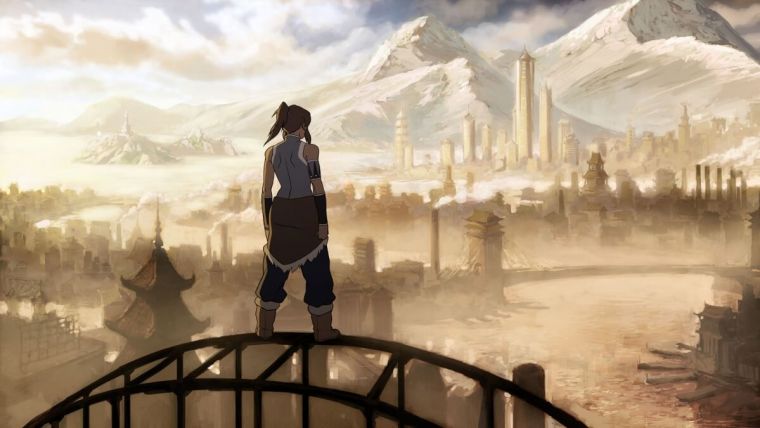Parents warned: More gay characters appearing in TV shows for children

There is no escaping the widespread acceptance of homosexuality and same-sex marriage—not even in cartoon shows. Parents are now being warned that more and more gay and transgender characters are being shown in television shows directed at children.
"There are definitely more gay and transgender characters and stories in children's television," Christian media watcher Jeff Johnston told LifeSiteNews.
He said some examples can be found in the animated series "The Legend of Korra," which ended its third and final season with the two lead heroines holding hands and dissolving into a mist, thus hinting at a lesbian relationship between the two.
Then there's the Australian cartoon series "SheZow," which featured a "a 12-year-old boy who finds a 'power ring' that turns him into a girl," Johnson said.
Cartoon Network's "Adventure Time" has strong "gender-queer narratives," he noted, adding that its creator, Pendleton Ward, even admitted that the show's two female characters—Marcelline and Princess Bubblegum—previously "dated."
Even Disney Channel is not lagging behind the rising popularity of homosexual characters, Johnson said. In "Good Luck Charlie," there was an episode wherein "a lesbian couple brings their child over for a play date."
Johnston said he expects that things will only get worse for children's television since what is being shown "is a reflection of what's already in our culture." He urged parents to monitor what their kids are exposed to, not only in television but also in books, games, and movies.
Johnston said parents would be surprised to find out that a lot of things now have "sexually-confusing messages" that could "introduce children to falsehoods and immorality." He said these messages only create confusion and insecurity. "Children are not equipped to handle these adult themes," he said.











